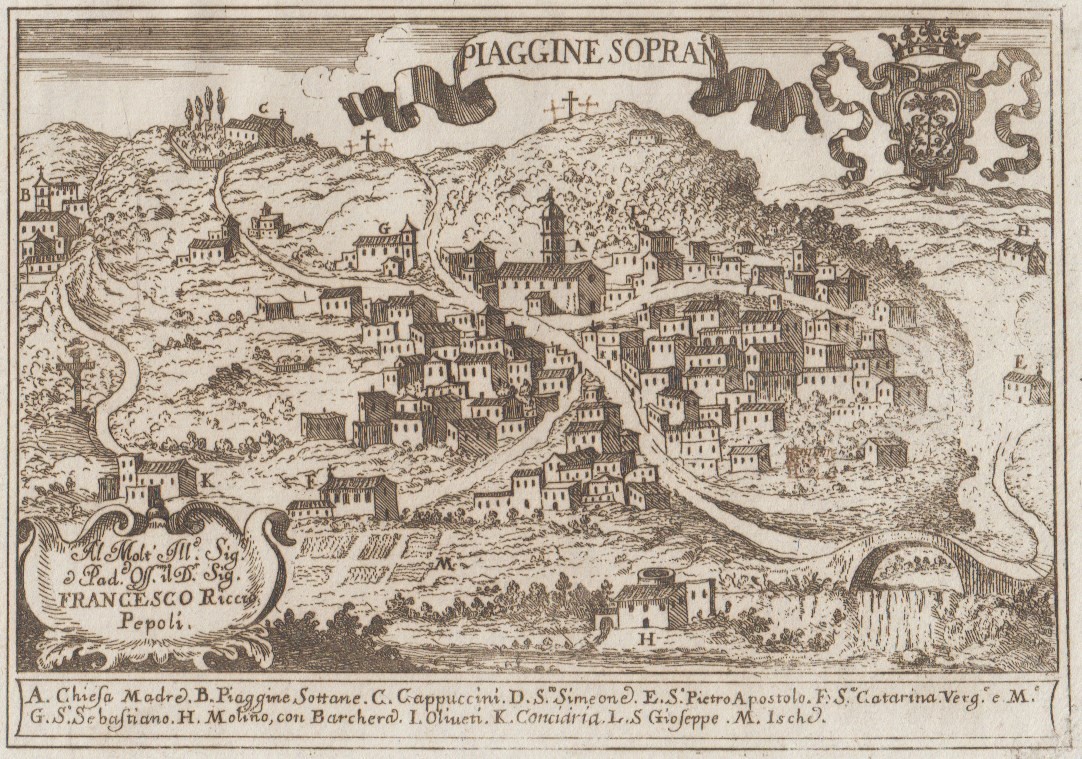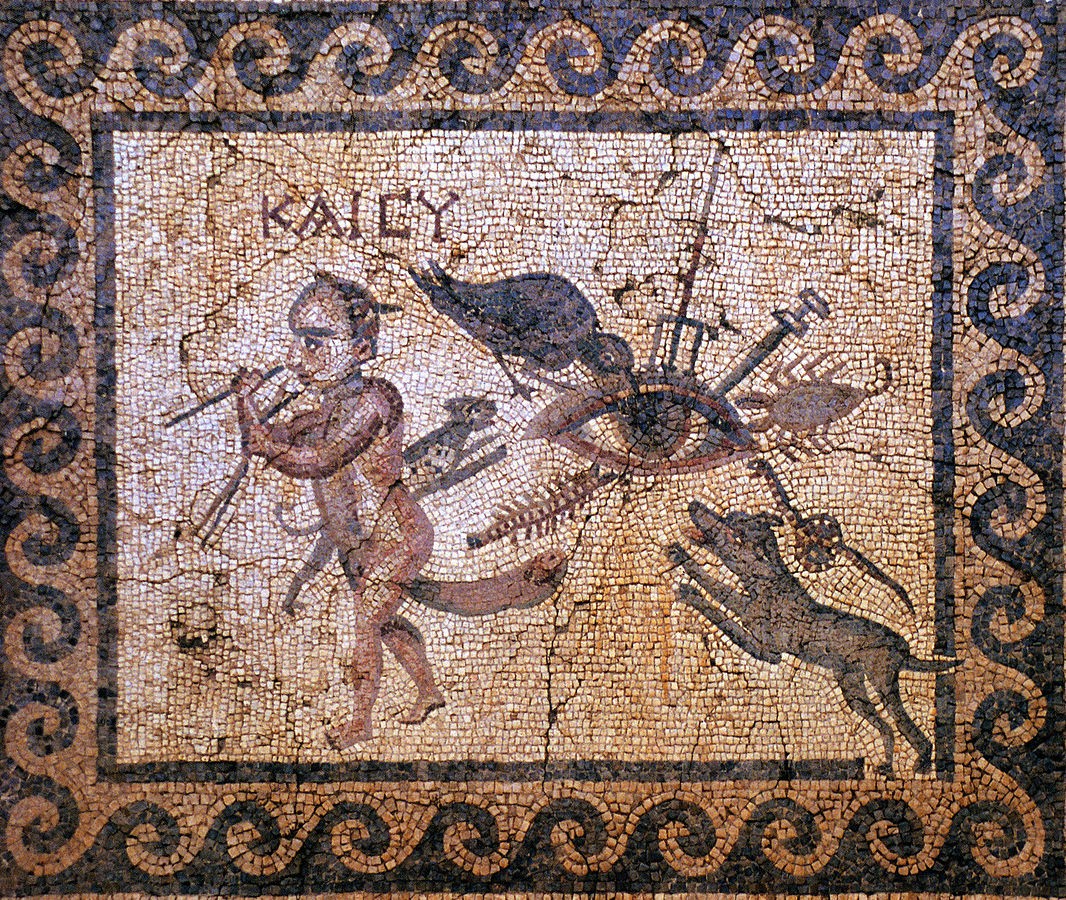Research Conditions in Italy
Which conditions may have an effect - positive or negative - on your Italian family history project. The following insights, based on many years of experience in Italy, pertain to factors that have very little to do with Italian genealogy per se, but involve vast cultural differences that influence archival access, documentation and research progress. Research conducted in Italian records (such as microfilms) outside Italy does not bring the researcher into direct contact with these factors. However, the researcher who deals directly with those responsible for Italian records retained in Italy will probably encounter challenging conditions at some point. These involve, among others, factors such as negotiation for archival access, apathetic attitudes on the part of civil or church officials, and the lengthy delays imposed by these issues.
Because the few professional genealogists working in Italy frequently encounter such difficulties, it is occasionally necessary to advise a client of these matters. Typically, the Enlish-speaking Italian descendant who commimisions or conducts Italian genealogical research is simply unaware of the way state bureaucracy, governmental offices and the Roman Catholic church function in Italy. In reality, these Italian institutions differ considerably from their counterparts in North America, Australia or even the United Kindom. Despite perceptions fostered by the informational exchange made possible today by such means of communication as rapid travel, fax machines, the internet and CNN, Italy is not an American state where a different language happens to be spoken - regardless of the extent to which popular culture may attempt to convince us that all societies are essentially the same. The visitor to Italy who ventures far beyond the business suite or tourist trail will discover numerous cultural differences that can affect a genealogical research project. Two everyday examples described here will demonstrate that these differences are not limited to research procedures. Italians traditonally approach tasks in a lineal manner, wishing to complete one activity before beginning another. This differs from the American and British approach, in which somebody might engage in several tasks at the same time, eventually completing each. In an Italian clothing store, a clerk might tend to the needs of the first customer to arrive, continuing to assist him or her even though another customer in need of assistancne is waiting to be fitted. While an English clerk might excuse himself from the first task, at least for a moment, the Italian clerk might consider it rude to interrupt the first customer simply to ascertain the needs of another who arrived later. The implications are obvious; the second customer may have to wait for service.
Likewise, a manager working in his office on Friday might delay answering Thursday's correspondence while he tends to Tuesday's, the priority of each being ascribed as much according to time of arrival as to actual importance. This principle is frustrating when applied to such services as postal deliveries, which in Italy are notoriously unreliable.
The casual visitor to Rome or Florence might not encounter the attitudes described above, and international corporations based in Italy employ a more "American" strategy of scheduling. However, genealogical research is not conducted in a tourist or commercial environment, but rather in state archives, small town vital statistics offices, or old parish churches where traditional attitudes are still a fact of life.
Two customs are particularly alien to those outside Italy. One involves the offering of funds in compensation for such purely voluntary ("unofficial") favors as access provided to a private archive; Catholic parochial archives are "private" and a discreet but generous offering is usually expected to a smaller parish in return for archival access. Another practice is the "recommendation," which involves a person's having been referred by somebody known to the official whose assistance is sought. Both customs are often required by aged Southern pastors, whereas public officials at state archives would be offended by such gestures. This is not "bribery" or "nepotism;" in fact both practices - offerings and recommendation - date from the Middle Ages, when parochial churches were patronized by local aristocratic families. (Thus the notation "offering to facilitate parochial archival access" in the expense section of a clientïs invoice.) These are typical examples of traditional Italian social practices which foreingners sometimes view as "corrupt." Conversely, Italians cast a suspicious eye toward certain American practices which seem corrupt to Europeans-large political campaign contributions and high university tuitions rank among these.
Before considering some particular circumstances, it is worth mentioning that church and state (governmental) entities in Italy are not involved in the pursuit of genealogical research. That simply isnït their job. In general, they do not share the genealogistïs zeal to discover historical information, and they are not in any way obligated to assist him in this pursuit, to reply to his requests, or to allow him access to the necessary records. This means that success in this field depends in large measure upon whether the individuals responsible for the relevant archival materials are cooperative. Bewildered by the growing foreign interest in Italian genealogical information, and inundated by request for free assistance, more and more clerical and civil officials are becoming less and less cooperative, and it should be remembered that there are more immediate demands upon their time; municipal offices are understaffed and there is a dearth of priests in Italy, as elsewhere. Even scheduling an appointment to research is often difficult.
Postal Requests for Certificates
In many cases, especially where a precise name is provided and an exact date is known, a vital statistics official of pastor will reply to a request vided and an exact date is known, a vital statistics official or pastor will reply to a request made by mail for one or two certificates of baptism, birh, marriage, etc. In other cases, repeated requests or a query by telephone will be necessary in order to receive a response. This is one of the reasons for which professional genealogists charge what seem like inflated rates for this service. Despite what a few "professional" genealogists may imply, neither an overworked vital statistics official nor a busy pastor is legally obligated to respond to such a request, indeed, rigid privacy laws preclude the former from responding to certain requests made by third parties relating to persons who may still be living.
Parochial Archives
Parochial archives contain information which in some cases might facilitate advancing a lineage into the 1400s; the earliest civil (vital statistics) records in Italy date only from the early 1800s, and census records provide only secondary information. Although pastors will sometimes allow direct access to the parochial archives in their care, they are not obligated to do so. A pastor may require his bishopïs authorization before permitting a genealogist archival consultation. Even then, he might not permit the researcher to consult registers directly. There are more dioceses in Italy than there are provinces, and bishops exercise ultimate authority over the parishes in their diocesan jurisdictions. In most instances, ther are no alternative sources for the information contained in parochial archives, and most of thes archival records will never be microfilmed by the LDS Church (Mormons) or the Italian state. For religious reasons, the Mormons are not generally allowed access to Catholic parochial records in Italy. (This results from an order issued by the Catholic Conference of Italian Bishops a few years ago.) Obtaining parochial archival access is quite time-consuming and often complicated, and may be influences by a pastorïs negative experience with discourteous amateur researchers. In some cases, a year or two can pass before a diocesan bishop decides to grant archival access for research purposes. This can impose a considerable-and frustrating-delay in completion of certain projects, for which a client might wait as long as two years or more. Often-especially for periods before 1800-the information available in parochial records simply does not exist elsewhere.
Photocopies and Certificates
It is often possible to obtain photocopies of at least some source documents. However, pastors and other officials may prohibit photocopying, and some are reluctant to issue certificates to the researcher who request a dozen of more "proofs" of acts and dates. Photocopiers are often unavailable, and may contribute to the destruction of priceless records; photography with digital cameras and photocopying with portable scanner-copiers might not be permitted. Increasingly, therefore, genealogists provide page and reference numbers in lieu of certificates and photocopies.
Time
As you may have inferred, the greatest difficulty posed by a genealogical research project conducted in Italy relates to time. When records exist, profound lineages can be established. Yet, the delays imposed by bureaucracy in matters involving genealogical research are formidable even under the best of circumstances. Patience is a virtue well-suited to this field.



